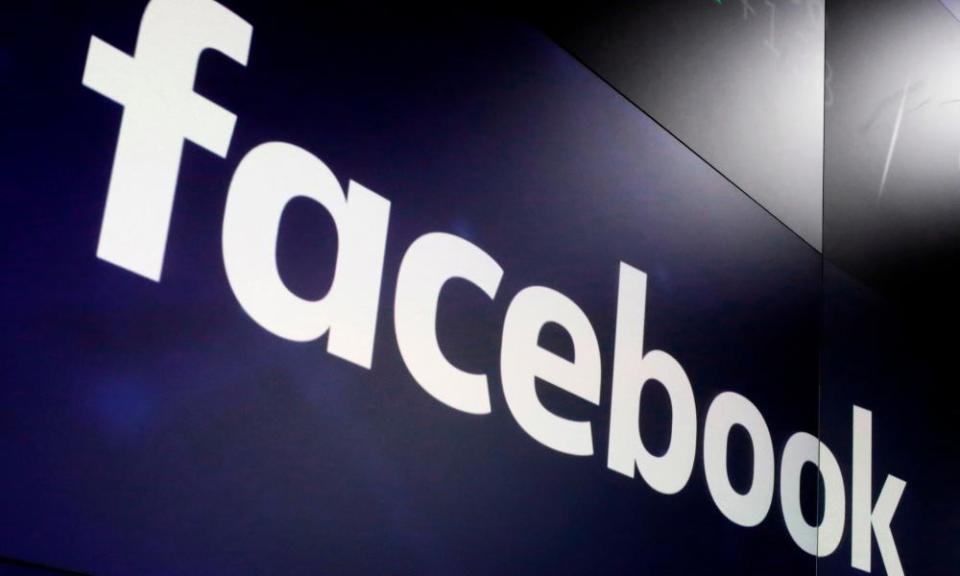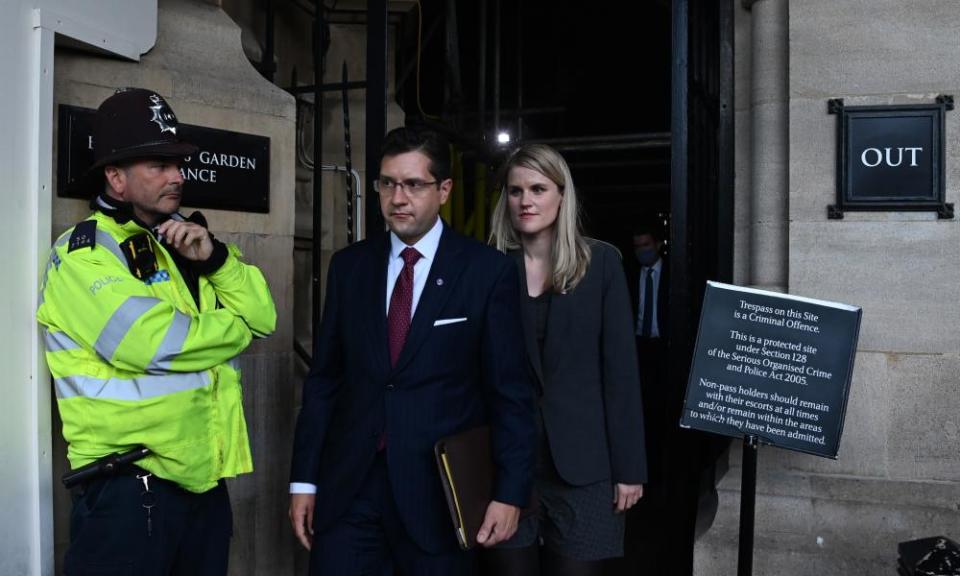Facebook admits site appears hardwired for misinformation, memo reveals

Facebook has admitted core parts of its platform appear hardwired for spreading misinformation and divisive content, according to a fresh wave of internal documents that showed the social media company struggled to contain hate speech in the developing world and was reluctant to censor rightwing US news organisations.
An internal memo warned that Facebook’s “core product mechanics”, or the basics of how the product worked, had let hate speech and misinformation grow on the platform. The memo added that the basic functions of Facebook were “not neutral”.
“We also have compelling evidence that our core product mechanics, such as vitality, recommendations, and optimizing for engagement, are a significant part of why these types of speech flourish on the platform,” said the 2019 memo.
Related: Facebook revelations: what is in cache of internal documents?
Referring to Facebook’s safety unit, the document added: “If integrity takes a hands-off stance for these problems, whether for technical (precision) or philosophical reasons, then the net result is that Facebook, taken as a whole, will be actively (if not necessarily consciously) promoting these types of activities. The mechanics of our platform are not neutral.”
The document was disclosed by the New York Times on Monday as part of a wave of stories by a US-led consortium of news organisations. The NYT stories, and others, were based on disclosures made to the Securities and Exchange Commission – the US financial watchdog – and provided to Congress in redacted form by the former Facebook employee turned whistleblower Frances Haugen’s legal counsel. The redacted versions were obtained by a consortium of news organisations, including the NYT, Bloomberg, Politico and the Washington Post.
The documents have also been obtained by the Wall Street Journal, which since last month has published a series of damaging exposés about Facebook.

Other stories released on Monday as part of the Facebook Papers referred to Facebook’s inability to tackle hate speech and harmful content outside the US. Incitement to hatred and disinformation is substantially worse among non-English-speaking users, according to multiple reports by the Facebook Papers partners. Much of Facebook’s moderation infrastructure is underresourced for languages other than English, and its software struggles to understand certain dialects of Arabic, the Associated Press (AP) reported.
The company’s algorithmic moderation software could only identify 0.2% of harmful material in Afghanistan, according to an internal report carried out this year that was reported by Politico. The remainder of the harmful material had to be flagged by staff, even though the company lacked moderators who could speak Pashto or Dari, the country’s principal languages. Tools for reporting harmful material in the country were only available in English, despite it not being widely spoken in Afghanistan.
According to another document, Apple threatened to remove Facebook and Instagram from its App Store two years ago over concerns the platforms were being used to trade in domestic servants, a sector with a high risk of abuse and slavery. The threat was dropped after Facebook shared details of its attempts to tackle the problem. One internal document showed how Facebook removed more than 1,000 accounts operating largely out of Saudi Arabia to recruit workers, who reported abuse and sexual violence.
“In our investigation, domestic workers frequently complained to their recruitment agencies of being locked in their homes, starved, forced to extend their contracts indefinitely, unpaid, and repeatedly sold to other employers without their consent,” one Facebook document read. “In response, agencies commonly told them to be more agreeable.”
The report added: “We also found recruitment agencies dismissing more serious crimes, such as physical or sexual assault, rather than helping domestic workers.”
Within the files disclosed by Haugen are testimonies from dozens of Facebook employees frustrated by the company’s failure to either acknowledge the harms it generates, or to properly support efforts to mitigate or prevent those harms.
“We’re FB, not some naive startup. With the unprecedented resources we have, we should do better,” wrote one employee quoted by Politico in the wake of the 6 January 2021 attack on the US capitol.

“Never forget the day Trump rode down the escalator in 2015, called for a ban on Muslims entering the US, we determined that it violated our policies, and yet we explicitly overrode the policy and didn’t take the video down,” wrote another. “There is a straight line that can be drawn from that day to today, one of the darkest days in the history of democracy … History will not judge us kindly.”
Elsewhere in the papers, a document seen by the Financial Times showed a Facebook employee claiming Facebook’s public policy team blocked decisions to take down posts “when they see that they could harm powerful political actors”. The memo said moves to take down content by repeat offenders against Facebook’s guidelines, such as rightwing publishers, were often reversed because the publishers might retaliate.
“In the US it appears that interventions have been almost exclusively on behalf of conservative publishers,” said the memo, referring to companies such as Breitbart and PragerU.
Speaking in an earnings call with investors on Monday, Zuckerberg spoke to the document leak but did not address the contents directly, saying the issues the company is facing “aren’t primarily about social media” but relating to “polarization [that] started rising in the US before I was born”.
“My view on what we are seeing is a coordinated effort to selectively use leaked documents to create a false picture about our company,” he added, as the company reported a quarterly profit of $9bn.
A Facebook spokesperson said: “At the heart of these stories is a premise which is false. Yes, we’re a business and we make profit, but the idea that we do so at the expense of people’s safety or wellbeing misunderstands where our own commercial interests lie. The truth is we’ve invested $13bn and have over 40,000 people to do one job: keep people safe on Facebook.”
Kari Paul contributed reporting

 Yahoo Finance
Yahoo Finance 